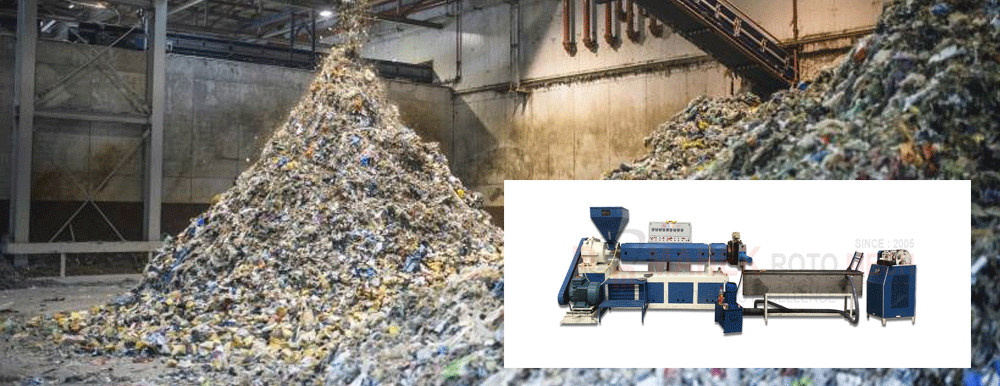
Reduce. Reuse. Recycle Plastic.
Plastic pollution has become one of the most pressing environmental issues of our time. From oceans to landfills, billions of tons of plastic waste are harming ecosystems, wildlife, and human health. However, modern innovations in recycling technology are providing hope. Among these innovations, plastic recycling machines play a vital role in reducing waste, conserving resources, and creating a more sustainable planet.
Understanding Plastic Recycling Machines
A plastic recycling machine is designed to process discarded plastic and convert it into reusable material. These machines use various processes such as shredding, washing, melting, and pelletizing to transform plastic waste into raw material for manufacturing new products. By doing so, they minimize the need for virgin plastic production, which relies heavily on fossil fuels.

Common Types of Plastic Recycling Machines:
- Plastic Shredders – Break down large plastic items into smaller pieces.
- Washing Units – Clean the shredded plastics from dirt, labels, and chemicals.
- Extruders & Pelletizers – Melt and reshape plastic into pellets for reuse in new products.
- Granulators – Further reduce plastic into fine granules.
Environmental Benefits of Plastic Recycling Machines
- Reduction in Plastic Waste By recycling, we reduce the amount of plastic that ends up in landfills, oceans, and open dumps.
- Conservation of Resources Recycling machines help reduce the demand for raw petroleum used in producing virgin plastics, conserving energy and natural resources.
- Lower Carbon Footprint Recycling plastics consumes significantly less energy than producing new plastics, leading to reduced greenhouse gas emissions.
- Support for Circular Economy Recycled plastic can be used in packaging, textiles, construction materials, and more—encouraging sustainable production and consumption cycles.
Economic Impact of Plastic Recycling
Plastic recycling is not just about the environment—it also creates economic opportunities. Businesses that invest in recycling machines can generate revenue by selling recycled pellets to industries like packaging, construction, and automotive manufacturing. Moreover, recycling reduces waste management costs and opens doors to green jobs.
The Role of Innovation in Recycling Machinery
Modern recycling machines are becoming more automated, energy-efficient, and AI-driven, allowing for better sorting and higher-quality recycled material. These advancements make plastic recycling more cost-effective and scalable across industries.
Building a Greener Future
The widespread adoption of plastic recycling machines can significantly reshape our planet’s future. By turning waste into valuable resources, they reduce pollution, preserve ecosystems, and promote sustainability. Governments, industries, and individuals must work together to invest in recycling technologies and make eco-friendly choices.
Plastic recycling machines are more than just industrial equipment—they are tools of transformation. They offer a practical solution to the global plastic crisis and pave the way for a cleaner, greener, and more sustainable world.
- Rotomoulding Machine
- Moulds For Rotomoulding
- Roll Rotomoulding
- Open Flame Rock Rotomoulding
- Pulverizer For Rotomoulding
- Plastic Granules Making Machine

